Written by JESSICA GRESKO
The NCAA and former college athletes are getting ready to play ball at the Supreme Court.
With the March Madness basketball tournament ongoing, the high court will hear arguments Wednesday in a case about how colleges can reward athletes who play Division I basketball and football. The NCAA says if the former college students who brought the case win, it could erase the distinction between professional and college sports.
Under current NCAA rules, students can’t be paid, and the scholarship money colleges can offer is capped at the cost of attending the school. The NCAA defends its rules as necessary to preserving the amateur nature of college sports.
But if the Supreme Court sides with the former students, those caps on educational benefits could go away. If individual athletic conferences agree, schools could offer tens of thousands of dollars in education benefits for things such as postgraduate scholarships, tutoring, study abroad opportunities, vocational school payments. That could create a bidding war for the best players.
The former athletes who brought the case, including former West Virginia football player Shawne Alston, say the NCAA’s current rules deprive students of the ability to be rewarded for their athletic talents and hard work because most of them will never play professional sports. So far, the former players have won every round of the case. Lower courts agreed that the NCAA’s rules capping the education-related benefits schools can violate a federal antitrust law.
Whatever happens at the high court, how college athletes are compensated is already likely changing. The NCAA is in the process of trying to amend its longstanding rules to allow athletes to profit from their names, images and likenesses. That would allow athletes to earn money for things like sponsorship deals, online endorsement and personal appearances. For some athletes, those amounts could dwarf any education-related benefits.
The former college athletes have some big-time supporters. The players associations of the NFL, NBA and WNBA are all urging the justices to side with the former athletes, as is the Biden administration.
The justices are hearing arguments by phone in the case as they have been doing for almost a year because of the coronavirus pandemic. They will almost certainly issue a decision in the case before they leave for their summer break at the end of June.
The NCAA wasn’t happy with the outcome the last time its rules were before the Supreme Court. In 1984, the high court rejected NCAA rules restricting the broadcast of college football. The justices’ ruling transformed college sports, helping it become the multibillion-dollar business it is today.
Related Stories
‹
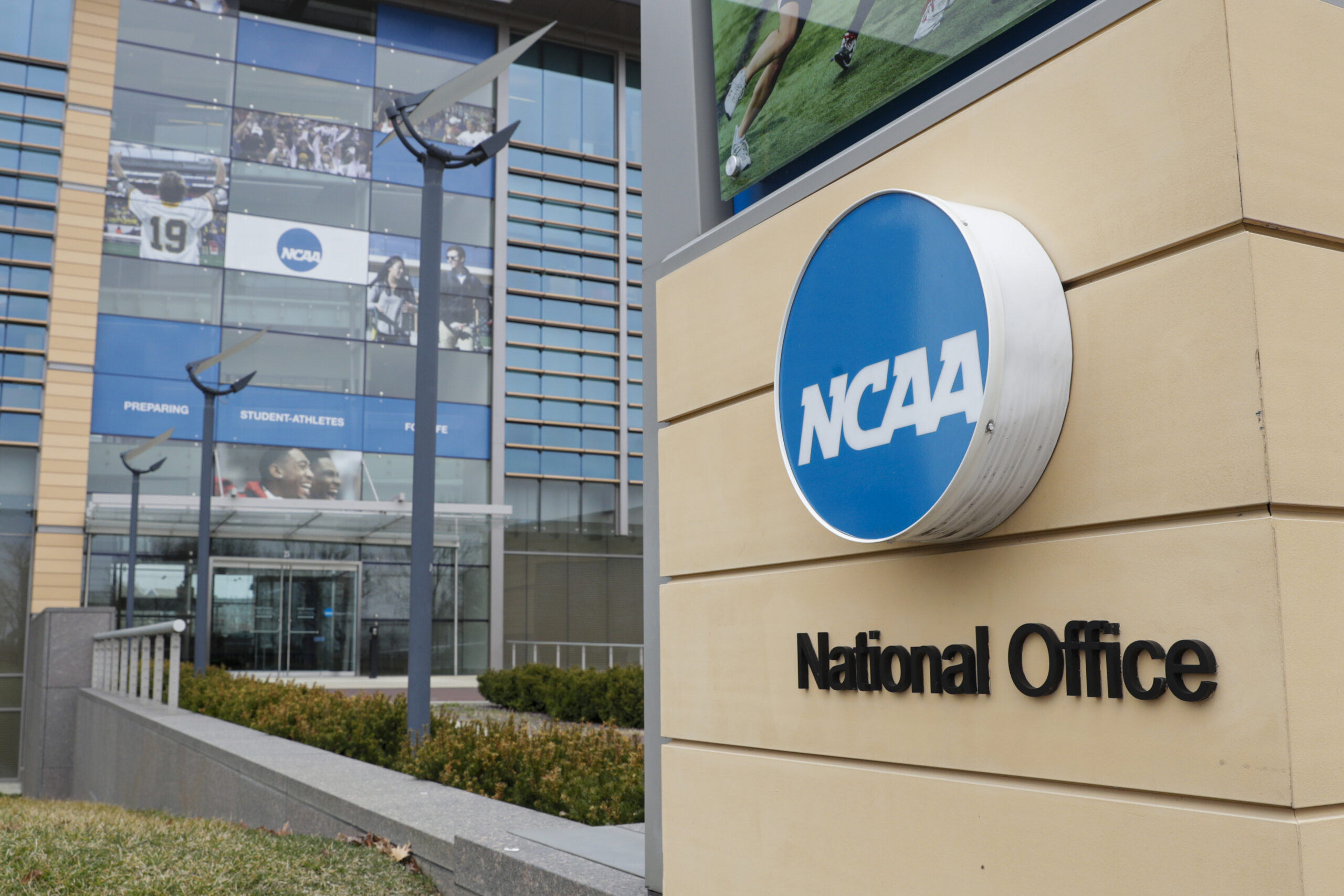
NCAA, Leagues Back $2.8 Billion Settlement, Setting Stage for Current, Former Athletes to Be PaidThe NCAA agreed to pay nearly $2.8 billion to settle a host of antitrust claims, likely setting up a revenue-sharing model in college sports.
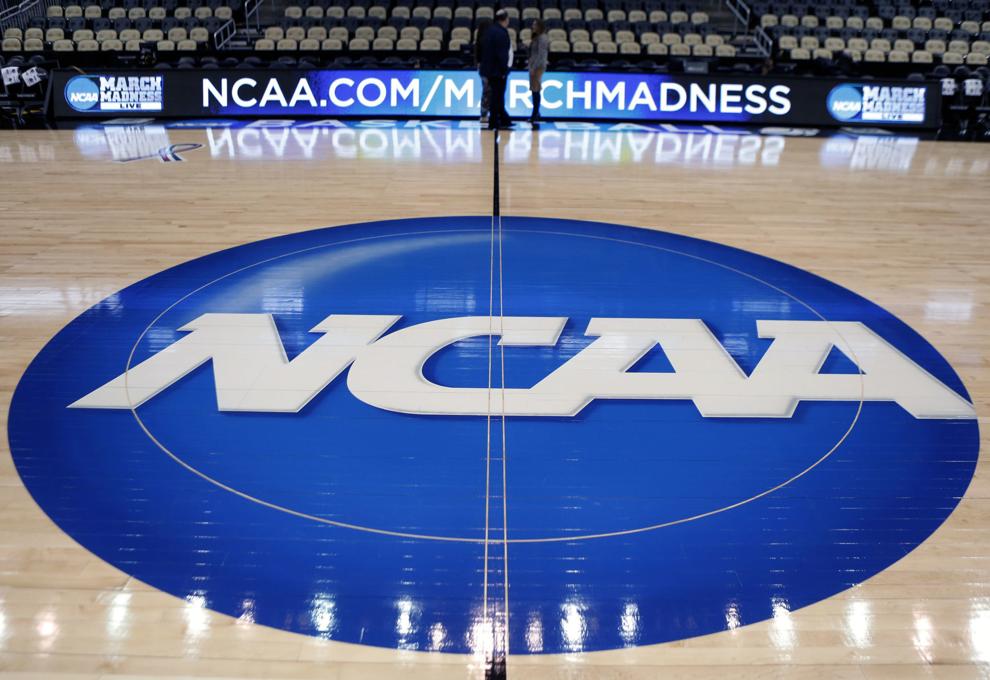
High Court Sides With Ex-Athletes in NCAA Compensation CaseWritten by JESSICA GRESKO The Supreme Court decided unanimously Monday that the NCAA can’t enforce rules limiting education-related benefits — like computers and paid internships — that colleges offer to student athletes. The case doesn’t decide whether students can be paid salaries. Instead, the ruling will help determine whether schools decide to offer athletes tens of thousands of […]

Federal Judge Approves $2.8B Settlement, Paving Way for US Colleges To Pay Athletes MillionsWritten by EDDIE PELLS A federal judge signed off on arguably the biggest change in the history of college sports Friday, clearing the way for schools to begin paying their athletes millions as soon as next month as the multibillion-dollar industry shreds the last vestiges of the amateur model that defined it for more than […]
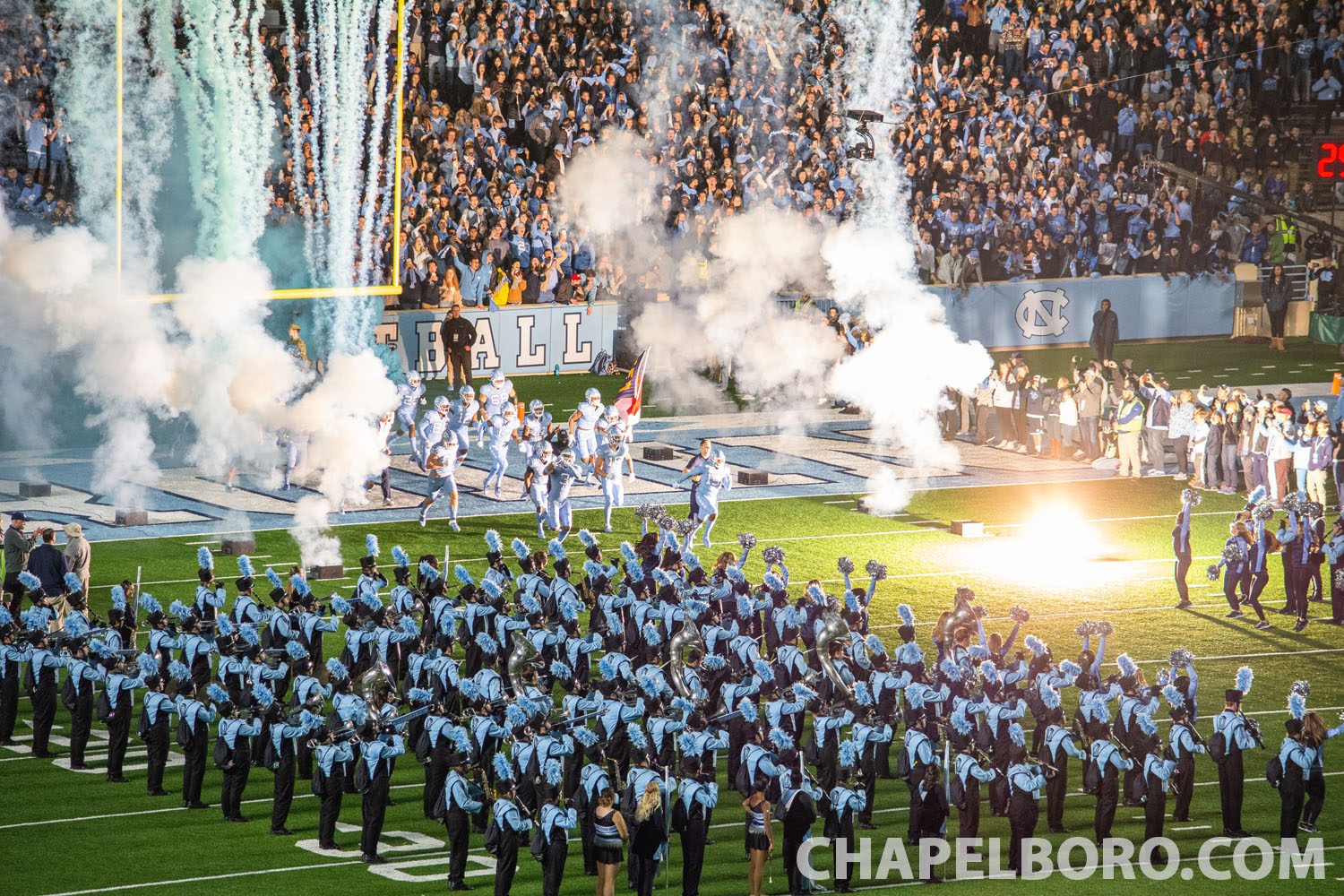
Art’s Angle: NIL HypocrisiesCarolina’s annual athletic budget exceeds $100 million. It is zero-based because UNC takes in as much as it spends on full scholarships, coaching salaries, recruiting expenses, operations and facilities, etc. The revenues come from Rams Club donations, tickets sales, lucrative TV payouts and rights fees from Learfield/IMG, which sells sponsorships to local companies and major […]

NCAA Clears Way for Athlete Compensation as State Laws LoomWritten by SCHUYLER DIXON The NCAA Board of Directors approved one of the biggest changes in the history of college athletics Wednesday, clearing the way for nearly a half-million athletes to start earning money based on their fame and celebrity without fear of endangering their eligibility or putting their school in jeopardy of violating amateurism […]
![]()
NCAA Board Supports Name, Image and Likeness CompensationThe NCAA is moving forward with a plan to allow college athletes to earn money for endorsements and a host of other activities involving personal appearances and social media. The NCAA announced Wednesday that its Board of Governors supports a plan that gives athletes the ability to cash in on their names, images and likenesses […]
![]()
AP Exclusive: NCAA, 2 Conferences Spend $750,000 on LobbyingAs Congress considers whether to allow college athletes to receive endorsement money, the NCAA and its allies spent at least $750,000 last year lobbying lawmakers to shape any reforms to the organization’s liking. The NCAA last fall said it would allow athletes to “benefit from the use of their name, image and likeness” and is crafting rules […]
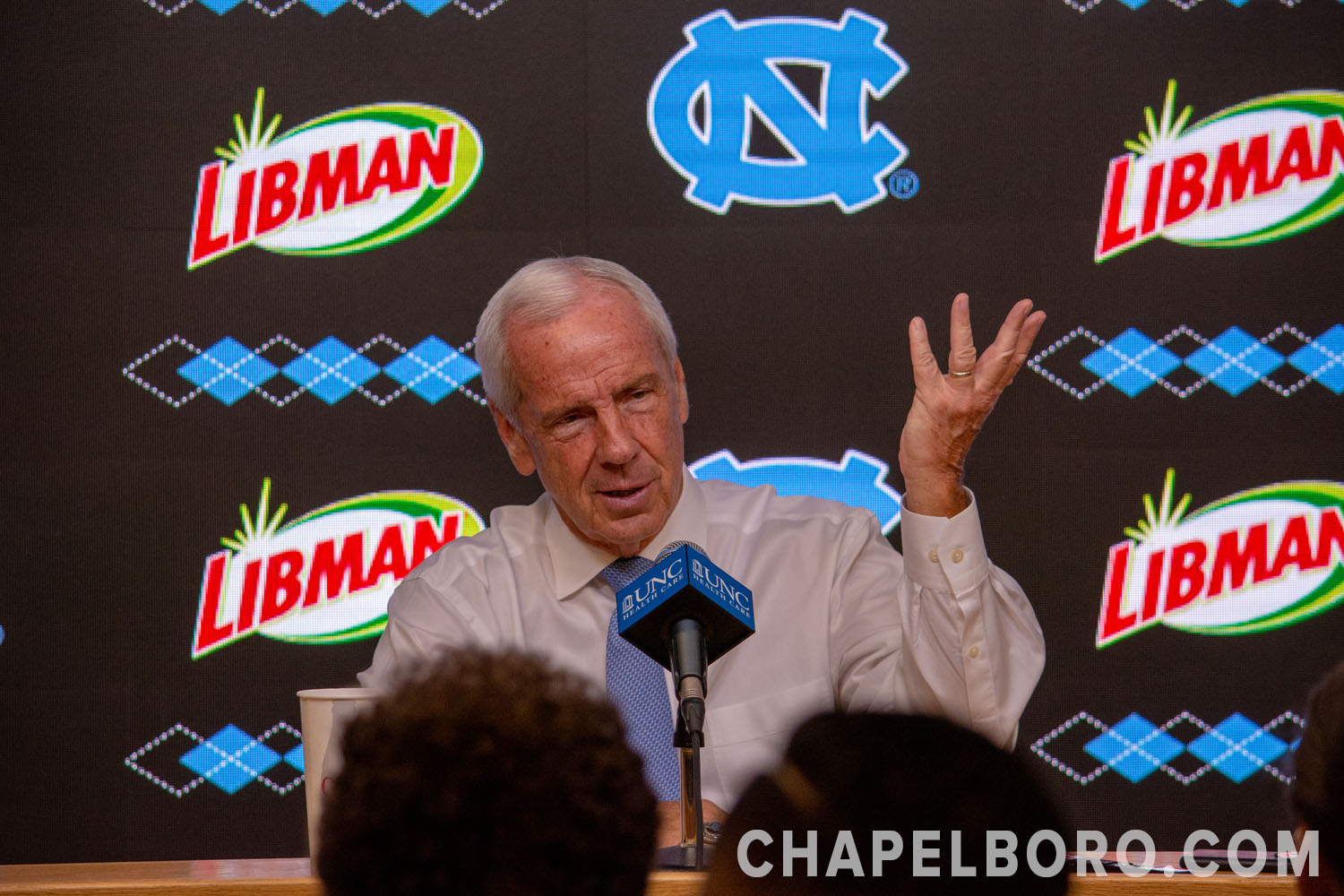
Roy Williams on California Student-Athlete Compensation Law: 'It's Dadgum Complicated'When asked about California’s Senate Bill 206, UNC head coach Roy Williams evoked a phrase said often by the hall-of-famer. “I have no idea,” he said. “It’s dadgum complicated, and it’s going to be coming in 2023. Hell, I hope I’m alive in 2023; I hope I’m still teeing it up.” Williams is right: it […]
![]()
Chansky's Notebook: None For The Athletes?A 20 million bonus and 19 million buyout rocks college athletics. Big Ten Commissioner and UNC alumnus Jim Delany is receiving an extra $20 million for making his conference unprecedented money that is passed down to the member schools. Since replacing Wayne Duke in 1990, Delany has made what was once considered an impossible job […]
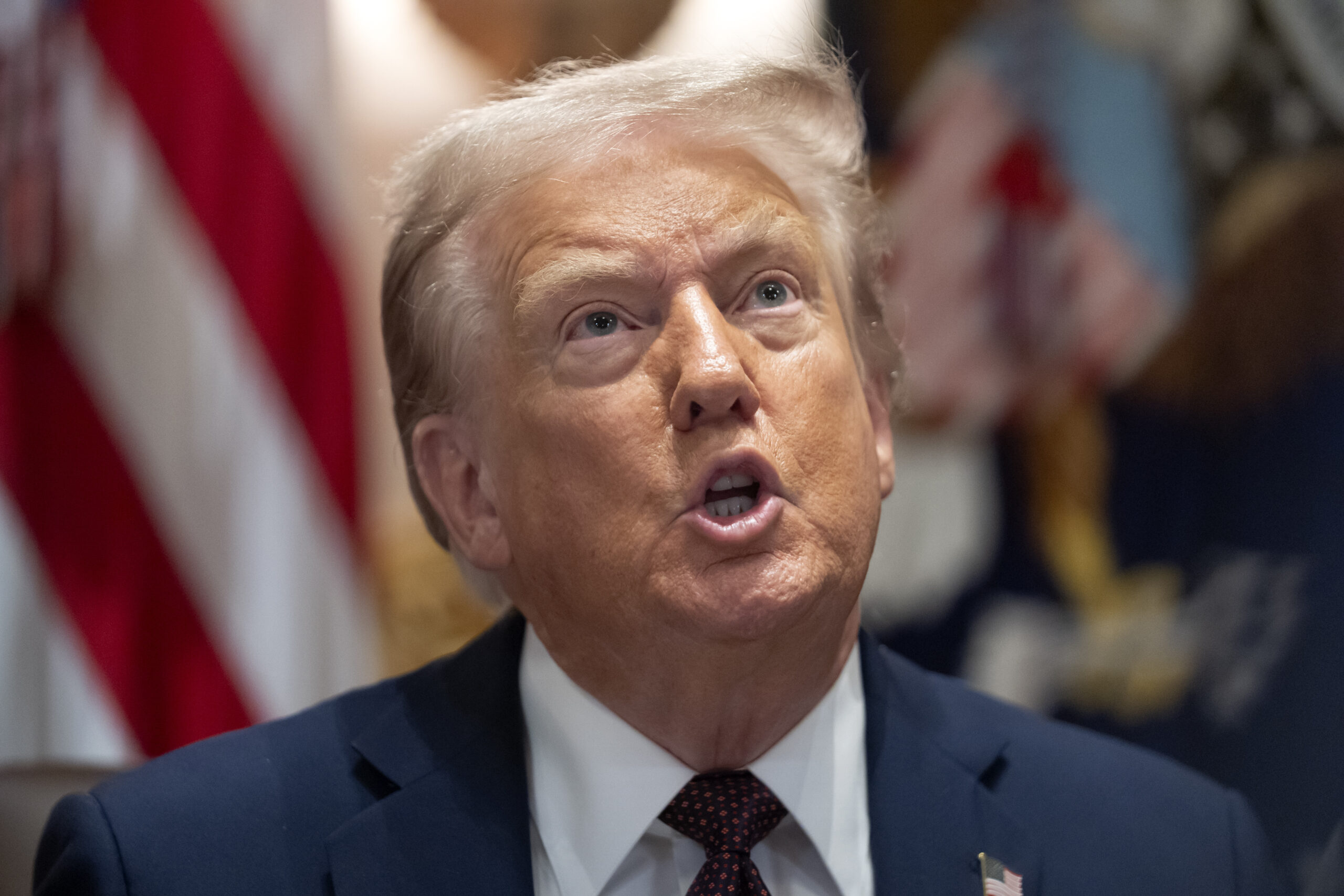
Trump Says He’ll Raise Tariffs to 15 Percent After Supreme Court RulingPresident Donald Trump said Saturday that he wants a global tariff of 15%, up from 10% he had announced a day earlier after the U.S. Supreme Court struck down many of the far-reaching taxes on imports that he had imposed over the last year.
›






